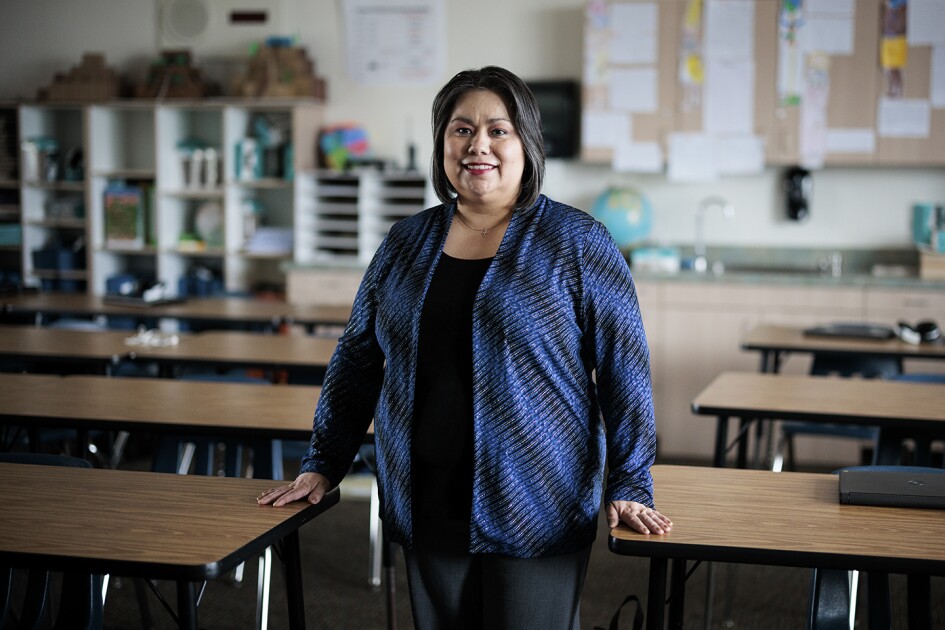On Tuesday, Harvard Education Press published The New Education Philanthropy. Edited by Columbia’s Jeff Henig and yours truly, the book features a bunch of smart scholars and journalists taking a careful look at what’s transpired when it comes to big edu-philanthropy over the past decade. The subject is a tough one because, all else equal, it’s not all that appealing for edu-scholars to write anything that might annoy those giving large sums to edu-scholars.
The result is that we see remarkably little substantive examination of education philanthropy (a happy exception being Dale Russakoff’s gripping and warmly received book The Prize). I could go on, but Jay Greene—who kicks the volume off with a fascinating and important chapter—has already done an elegant job of laying all this out. So let me quote Jay’s blog from earlier in the week:
“Yesterday, Harvard Education Press officially released The New Education Philanthropy, a volume edited by Rick Hess and Jeff Henig. The book is a follow-up to one Rick edited a decade earlier, With the Best of Intentions.
Empirical analysis and constructive criticism of the role of foundations in education is hard to come by. There are few professional rewards and significant risks in trying to analyze foundations and offer suggestions for improvement. Foundations are accustomed to criticism, but much of it comes from people opposed to the idea that foundations should influence the education system, so foundations tend to classify all criticism as hostile and tune it out. Folks not opposed to the mission of foundations tend to want funding from them and so tend to censor themselves when they might have analysis and criticism to offer. In addition, foundations generally limit channels of communication from their friends for fear of being unduly lobbied by them for funding.
The ironic result is that foundations seeking to improve learning have virtually no mechanisms for learning about themselves and making their own improvements. They generally don’t want to know. They don’t want to hear the rantings of those who hate them and they don’t want to be influenced by the flattery and manipulations of those who love them. But there is a third type of person that they have difficulty recognizing -- someone who wants to help them by offering independent analysis and criticism.
This is why books like The New Education Philanthropy and With the Best of Intentions only come along every decade or so. Few foundations will provide any support for independent empirical and critical examination of their efforts and few scholars are willing to engage in this type of work. Even if someone else pays, few foundations are willing to engage in conferences, panel discussions, and written exchanges about their own efforts. They tend to be as defensive and insular as presidential campaigns and are often operated as if that is what they are rather than learning organizations.
This is why books like The New Education Philanthropy and With the Best of Intentions are so important. There is much that education philanthropies and others could learn from these volumes.”
Whether funders will choose to learn from the contributions in the volume is, of course, an open question. I was struck by the limited interest that foundation staff exhibited in the conference where draft versions of these chapters were presented this spring and by the fact that a Tom Loveless survey of foundation grant officers, which was originally slated to be part of the volume, had to be scrapped due to anemic response rates from those foundation staff.
If folks do give the volume a close look, I think they’ll be richly rewarded. Jay explores why big foundations overestimate their ability to drive policy change, at least when those changes don’t create their own constituencies. Researchers Sarah Reckhow, Megan Tompkins-Stange, and Jeff Snyder document the extent of giving by a number of major foundations, their funding strategies, what gets funded, and some of the resulting dynamics. Andrew Kelly and Kevin James offer a pioneering look at how edu-philanthropy is playing out in higher education. Alexander Russo interviews a raft of current and former foundation execs to see what lessons they think they’ve learned over the past decade. Dana Goldstein dives deep into the history and lessons of the Gates Foundation’s wildly influential Measures of Effective Teaching project. Mike McShane and Jenn Hatfield examine the extent, nature, and dynamics of anti-foundation backlash. Larry Cuban delves into the role teachers play as “classroom gatekeepers” and how it explains the disappointing track record of so much philanthropy.
Edu-philanthropists and those who staff their foundations are trying to do good things for youth. The thing is, it turns out to be much harder than we might think to give money away in smart or effective ways. Hopefully, just as Best of Intentions sought to do a decade ago, The New Education Philanthropy will make its own modest contribution to smarter reflection, criticism, and giving.



